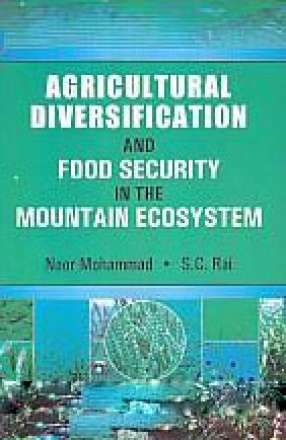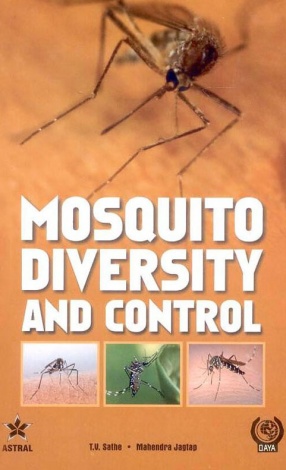Environmental management faces multiple challenges and threats today–threats of obsolete work methods, narrow social perspectives, enterprise goals, the scope and structure of the environment, the interactions between nature, society and enterprise. The integrated approach to environmental management takes into account the benefits and costs to owners, workers and the society. It is an "open system" view of the enterprise. It is the practice of using physical resources efficiently and reducing waste. It has been pointed out that environmental management includes participatory planning as a way of preventing problems. The nineteen-seventies brought into focus the general realization that the physical components of the natural environment have limited assimilative and carrying capacities and that pollution control measures must be instituted to safeguard the environment and the quality. More important is the growing realization that the natural environmental resources constitute the capital on which the human beings depend to satisfy their needs to achieve their aspirations for development. The wise management of the environment has demanded positive and realistic planning that balances human needs against the potential the environment has for meeting them. The book has been divided into 22 chapters, tracing the heritage and hierarchy of environmental, organisational and institutional setup for managing distinguished and disguised problems. It displays the inter-relationships among the different aspects of the subject and identify new concepts which would indicate current and possible theoretical and practical postulations.
Fundamentals of Linear Algebra
$13.50
$15.00





There are no reviews yet.